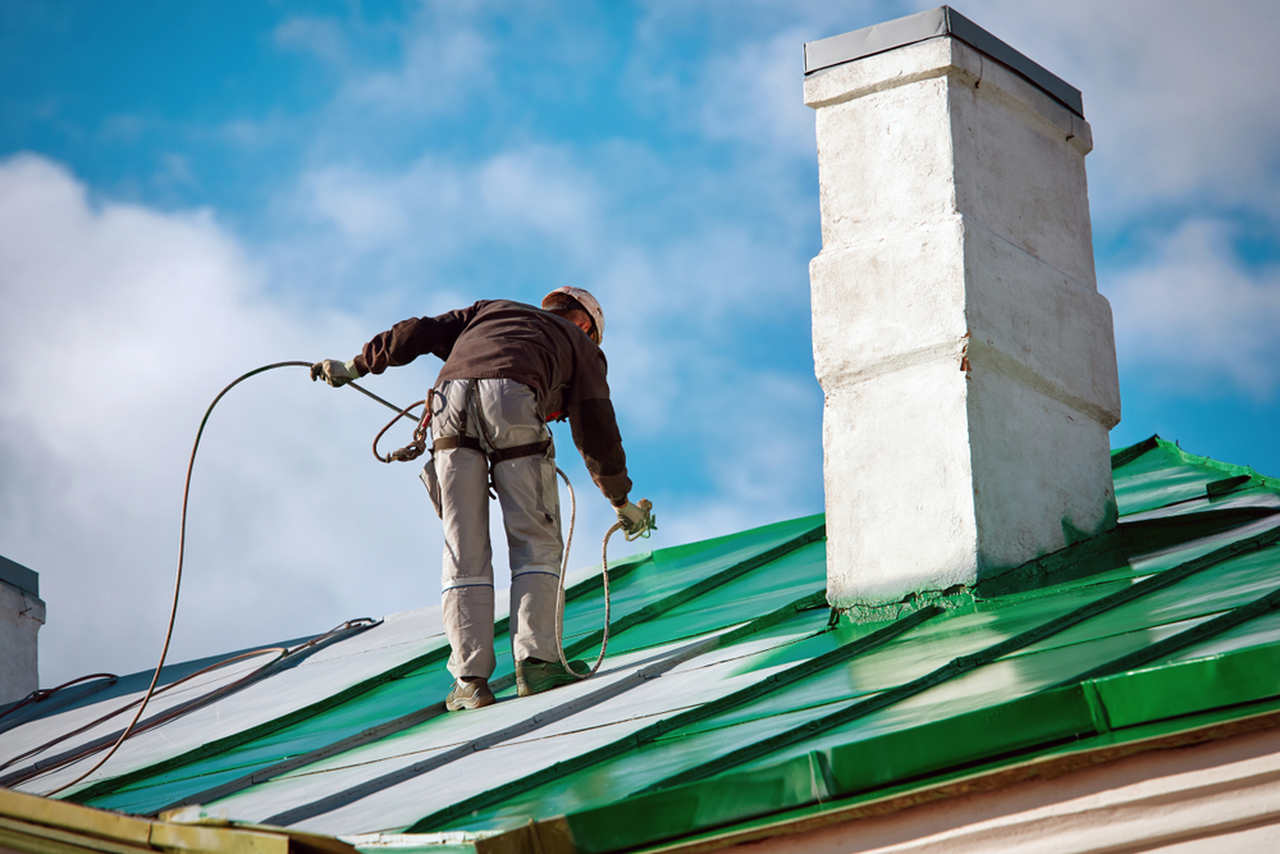
Roofs are the largest parts of buildings that are exposed to rain and snow. Roof waterproofing for the buildings acts as a barrier protecting the building against rain. Therefore, roof water insulation done with the right roof insulation materials will protect the building from rain and snow by preserving the lifetime and the performance of the building.
Roof water insulation is a protection process that is designed to apply on the roofs of buildings, using waterproof materials. Roof waterproofing materials prevent possible leaks, acting as a barrier between the building, rain, and snow. In this way, the building is protected by a system that is durable, does not leak or cause mold and fungus formation, and does not lose performance.
As Baumerk, the construction chemicals specialist, in this article we have prepared, we will tell you what roof waterproofing membranes are and list the best roof waterproofing materials for you.
You can also read our article named Do You Exactly Know Everything About Waterproofing in Buildings? to learn more about waterproofing and how it works.
How Is Roof Waterproofing Done?
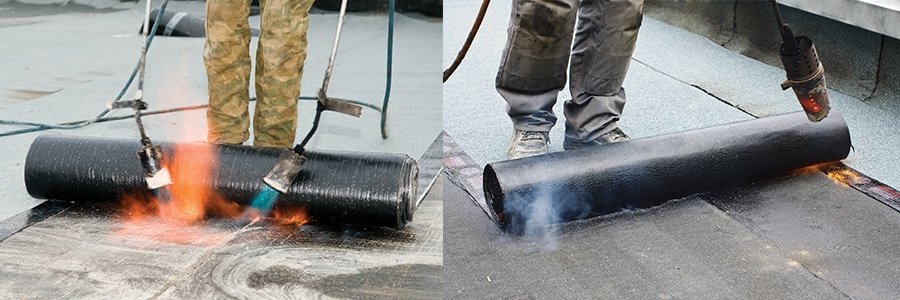
It is a very possible scenario that a building whose roof water insulation is not done thoroughly leaks water when it rains and snows. Water seeps into the building through holes and dents on the roof and damages the building.
Roof insulation should be done by experts using the right materials. Concrete should be made waterproof with roof waterproofing products, the coating should be applied, the edges of the coating should be beveled, drainage systems should be installed to prevent the formation of water puddles, and the process should be finished with a suitable paint or coating material as the top layer.
Which Materials Are Used For Roof Waterproofing?
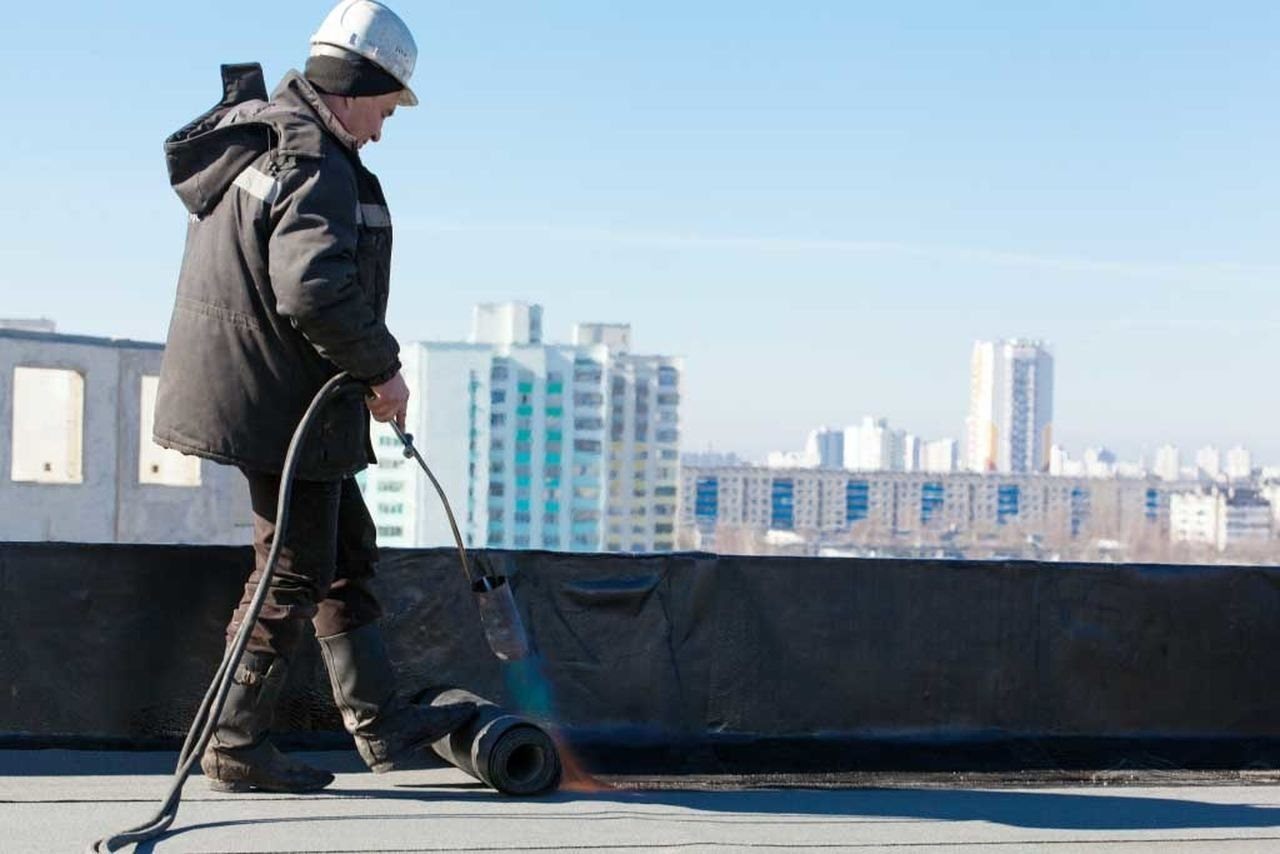
Roofs that reduce the life of buildings and cause discomfort to the people living in them when they are not well protected should be covered with the best waterproofing materials. It is important to use the right insulation materials to protect roofs from rain and snow. When it comes to roof insulation, the question of which waterproofing membranes should you use for the roof is another important question asked to find the right answer..
When roof waterproofing materials are mentioned, asphalt and bitumen-based liquid materials that are used for waterproofing, membranes, paints, and supplementary materials such as chamfer tapes, joint sealants, and mastics come to mind. Apart from this, materials such as tile plating and roof tiles are also used as roof water insulation materials.
Before deciding which roof waterproofing material to choose for insulation, it is necessary to consider the amount of precipitation and climatic conditions of the area where the building is located.
Waterproofing membranes are among the most preferred roof waterproofing coating materials for roof insulation. Waterproofing membranes also appear as waterproofing covers and bitumen-based liquid membranes.
Bitumen-based Waterproofing Materials
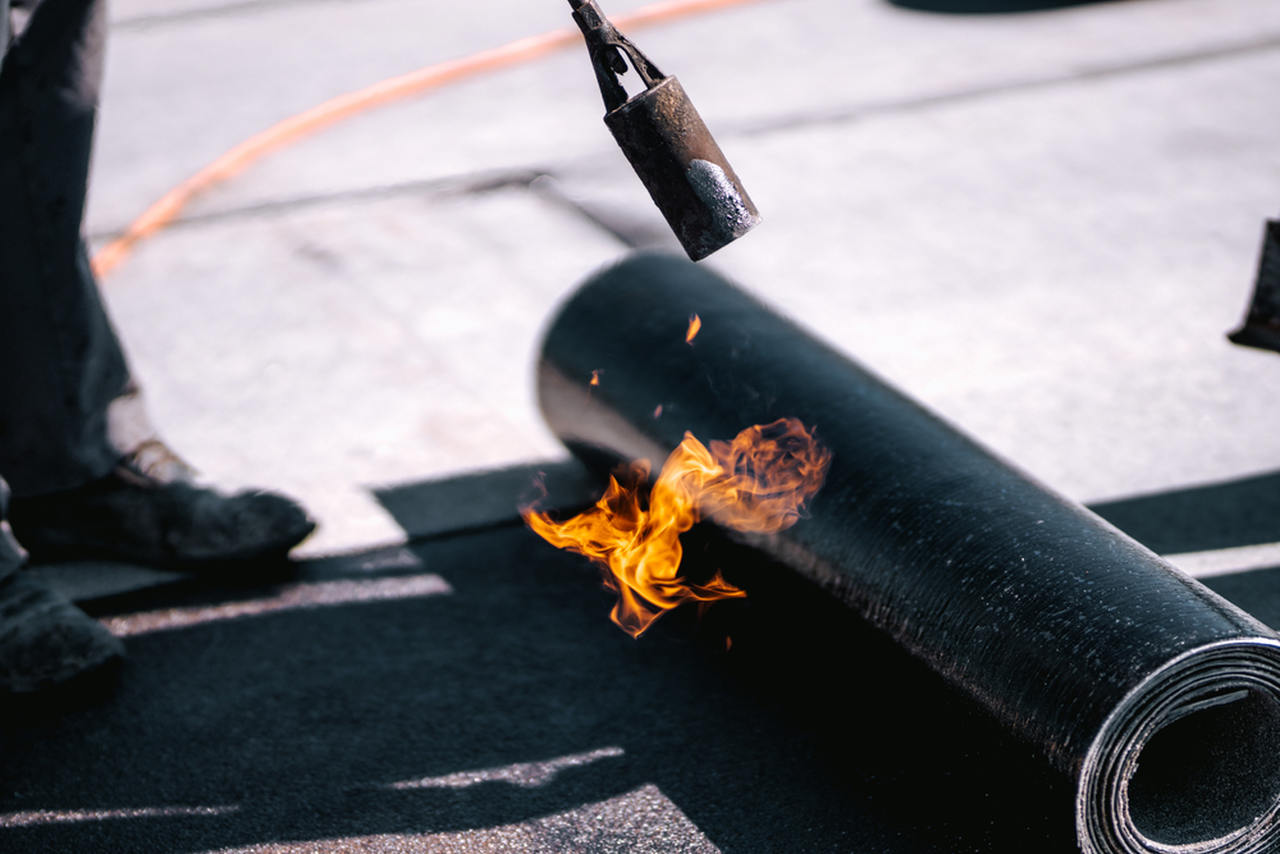
Bitumen-based waterproofing materials like APP Modified, Bituminous Waterproofing Membrane or SBS Modified, Bituminous Waterproofing Membrane on Baumerk product catalog, are among the most preferred and widely used waterproofing materials in the construction industry. These materials are highly preferred for roof insulation with their ease of use and price/performance advantage.
Bitumen-based waterproofing membranes, among the most well-known roof waterproofing materials, can be produced in liquid and roller forms. Bitumen-based waterproofing membranes are materials that are used in rolls, applied with a welding torch, adhering very well to the surface, and protecting the building from water. It can be produced in different thicknesses and models according to the application area. The upper surfaces can be made with mineral stones to create an aesthetic appearance.
Liquid Bitumen-based Waterproofing Materials
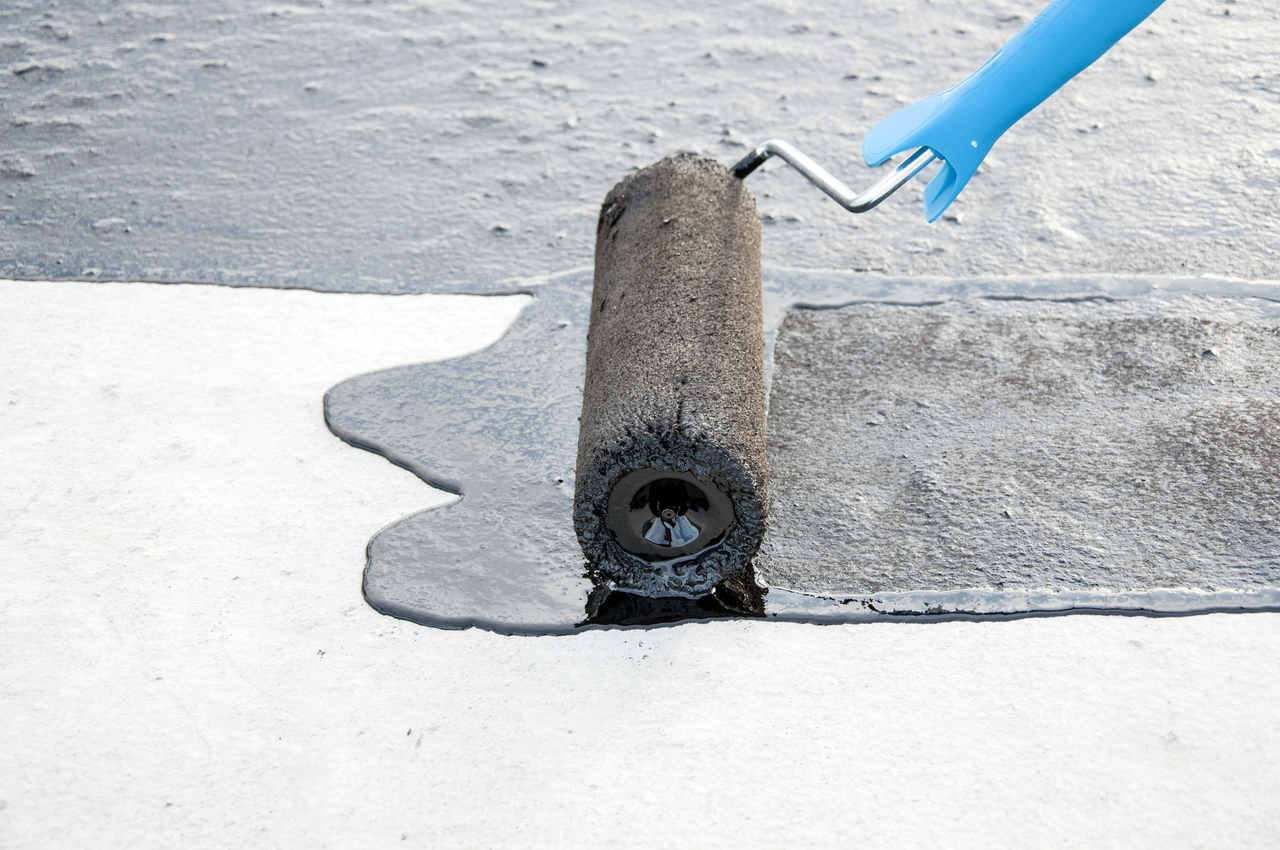
Liquid bitumen-based waterproofing membranes are materials that are generally applied as a primer and also provide waterproofing on the applied surface.
Bitumen is a good waterproofing material due to its nature. It is easy to apply and economical. Bitumen-based liquid membrane and bitumen-based roll membrane materials are the most well-known, economical, and high-performance materials used for roof insulation.
In order to complete the waterproofing of the roof perfectly, it is necessary to use bitumen-based waterproofing membranes, as well as chamfer tapes for corner leaks, drainage systems to prevent water accumulation, coating materials to protect the top layer, and various cement-based waterproofing materials to make the concrete waterproof.
In this article, we explained what is roof waterproofing and have listed the best roof waterproofing materials you can choose for your building projects. After the article we wrote as Baumerk, the construction chemicals specialist, you now know what roof waterproofing means and which materials you should choose. You can also review Baumerk waterproofing membranes for your building projects, and also consult with its expert technical staff.
You can also read our article titled What is Wall Waterproofing, How is It Made? and visit our blog where we have informative content about the world of building and construction!
Post time: Sep-13-2023





